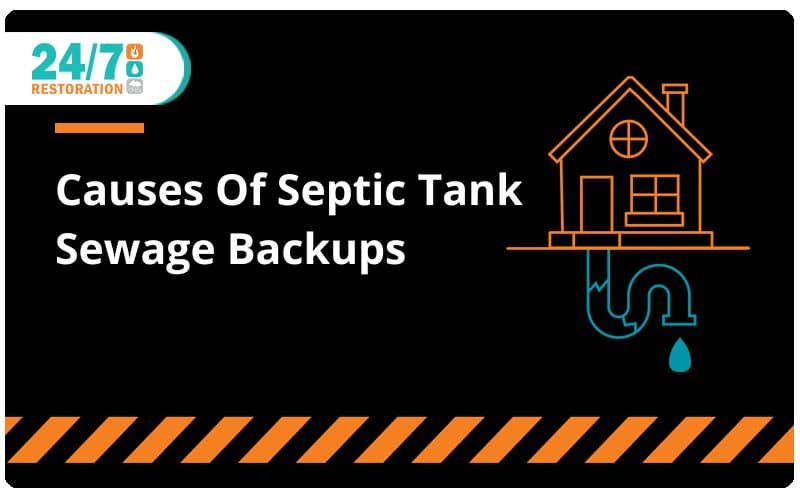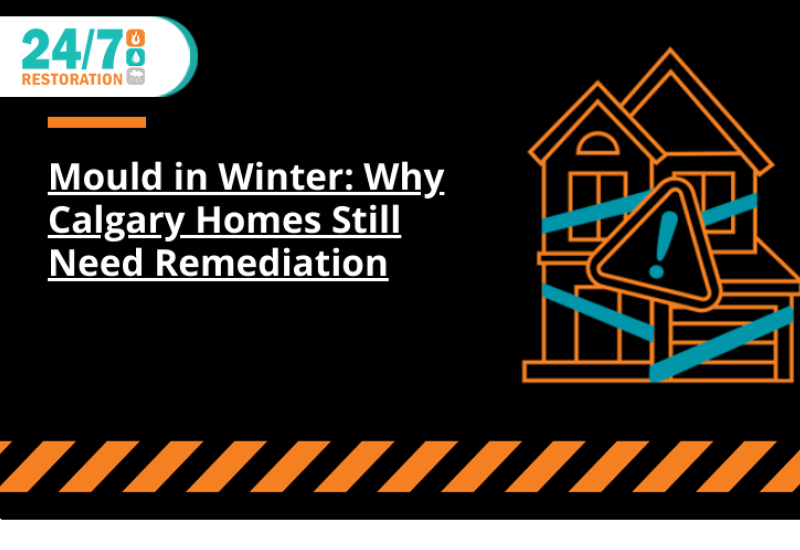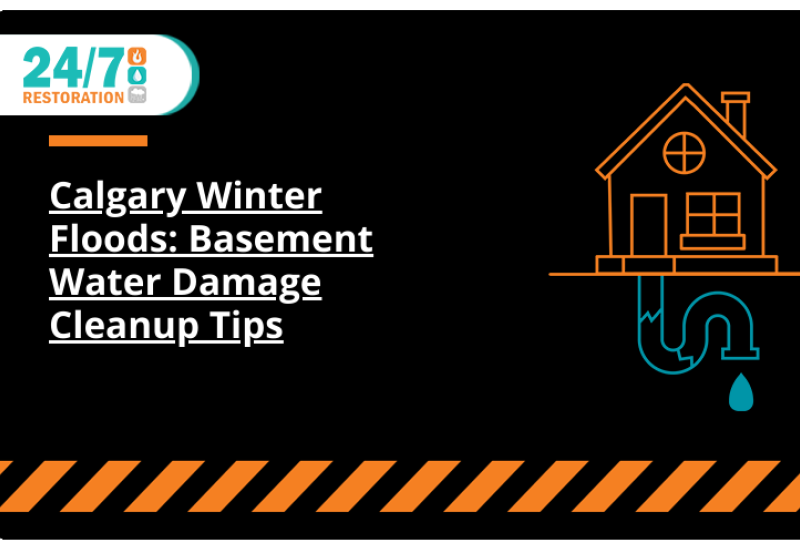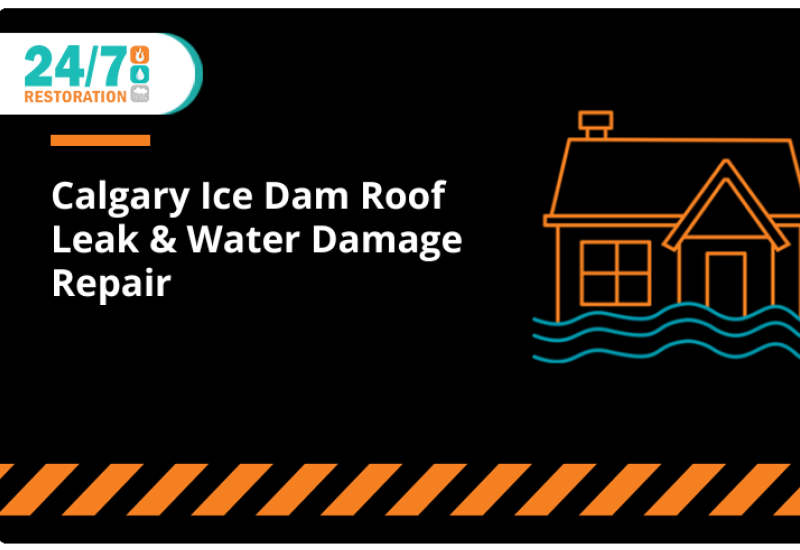Septic Tank Sewage Backups: The Typical Causes
Clogged Septic Filters
Septic tank outlet filters stop solids from getting into your drain field. When too many solids build up, it causes the drain field to become overloaded and a sewage backup occurs. To prevent this, clean your filters on occasion by removing them and washing them down with a garden hose.
Altered Bacteria
Your septic tank needs to be biologically active to work properly. Bacteria is essential for the breakdown of organic solid waste as well as the destruction of harmful pathogens. The regular use of antibacterial soaps and cleaning products can alter the biome of your septic tank and reduce waste breakdown, leading to sewage backups. Avoid using antibacterial soaps and cleaners to avoid septic tank sewage backups.
Food In The Tank
You may think that food scraps are ok in your septic tank because they are organic, but raw food is not biologically active the same way that human waste is and food in your septic tank will lead to clogs and sewage backups. If you have a sewage tank, you should not use a garburator.
Foreign Objects Down The Drain
Your septic tank is for human waste only. Do not put cotton pads, paper towels, hair, or any other products into your septic tank except for human waste and toilet paper. Anything other than these will not break down and will instead lead to sewage backups.
Trees
If there is any kind of moisture coming from your sewage line, often in the form of a small crack, tree roots will begin to grow into the sewage line. This will block sewage flow and lead to a sewage backup that can only be resolved by removing the tree root and damaged pipe. Although there are some forms of root killers you can use, these tend to be harmful to the environment. A more environmentally friendly solution is to call a professional to remove tree roots or to take early preventative measures, such as installing pipes away from large trees or relocating trees.
Damaged Sewage Lines
If you run heavy machinery over your sewage line, it is possible for the line to become flattened and damaged. If this happens you will likely experience a sewage backup and need your whole sewage line replaced. Mark where your sewage line is so that you can avoid running heavy machinery over it.
Increased Water Use
If you have added bathrooms in your home or if you are having people over often, you may be putting more water into your septic tank than it can handle. You can help avoid sewage backups by knowing how large your septic tank is and how much wastewater it can hold to make sure you’re not overwhelming the tank.
Stop Septic Tank Sewage Backups
To keep your home and property safe, take precautions to prevent septic tank sewage backups. But even when you try to stay vigilant, sometimes sewage backups happen anyway. If your septic tank is backing up, call the experts at 24/7 Restoration. Our team of highly trained restoration professionals understand the dangers of sewage spills and are fully trained to deal with any sewage situation. We ensure that all potentially hazardous sewage spills are quickly contained and thoroughly cleaned. Our comprehensive sewage cleanup service will lower the risk of potential damage to your home while also minimizing effects on your health and the environment. Call 24/7 Restoration any time, night or day, at 1-403-247-4365 or fill out the online contact form.
FAQ
Q: How quickly can mold start to grow if the water is not properly removed?
A: Mold can start growing within 72 hours of exposure to moisture.
Q: Can I use bleach to clean up my sewage backup myself?
A: No. While bleach kills 99% of common household germs it DOES NOT remove or kill the contamination caused by black water. While bleach may clean the stains associated with a sewer backup the contamination left behind still poses significant health risks.
Q: Does 24/7 Restoration charge for estimates?
A: Our estimates are 100% free and we are committed to being super responsive when flooding occurs in your home or business.




